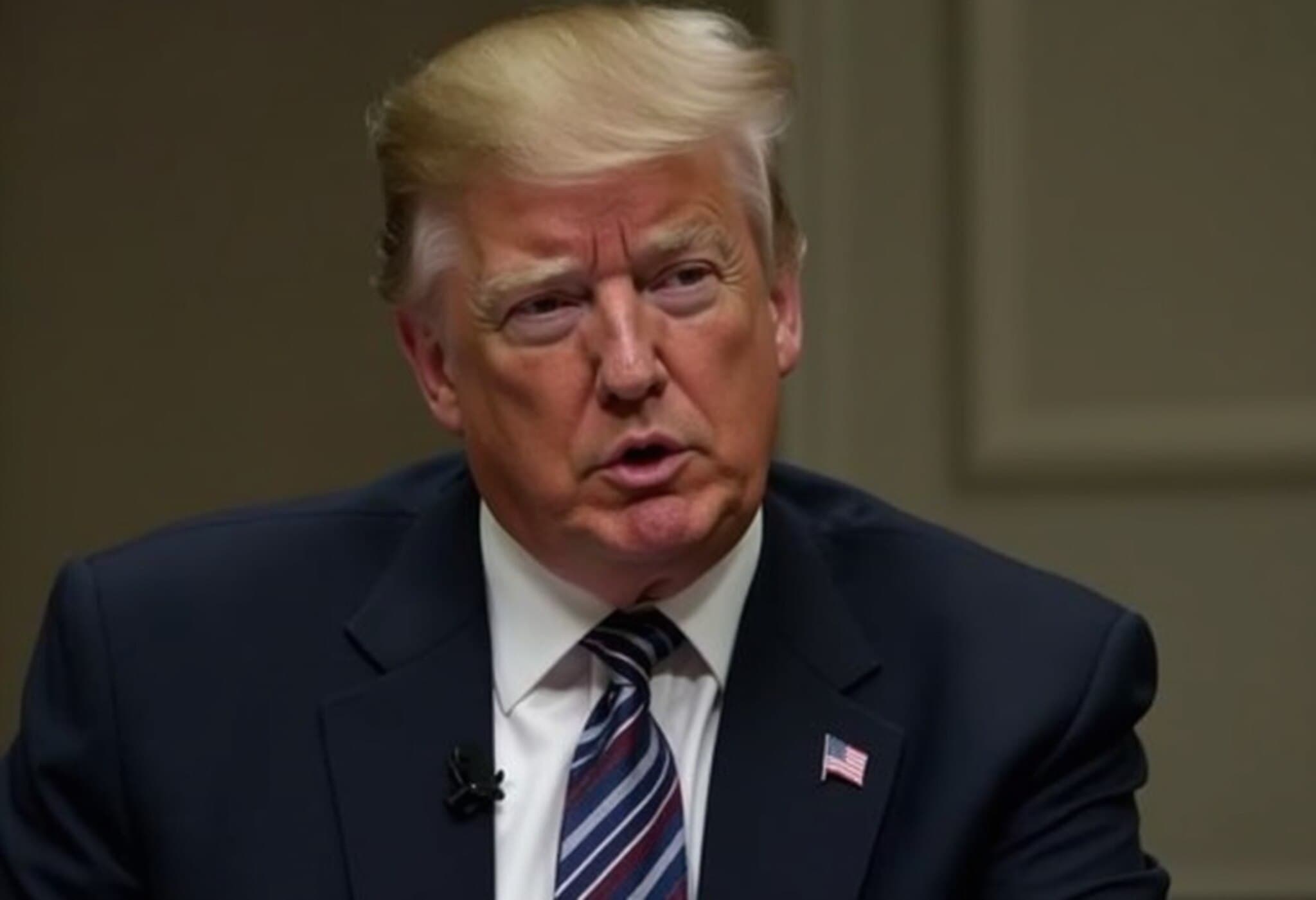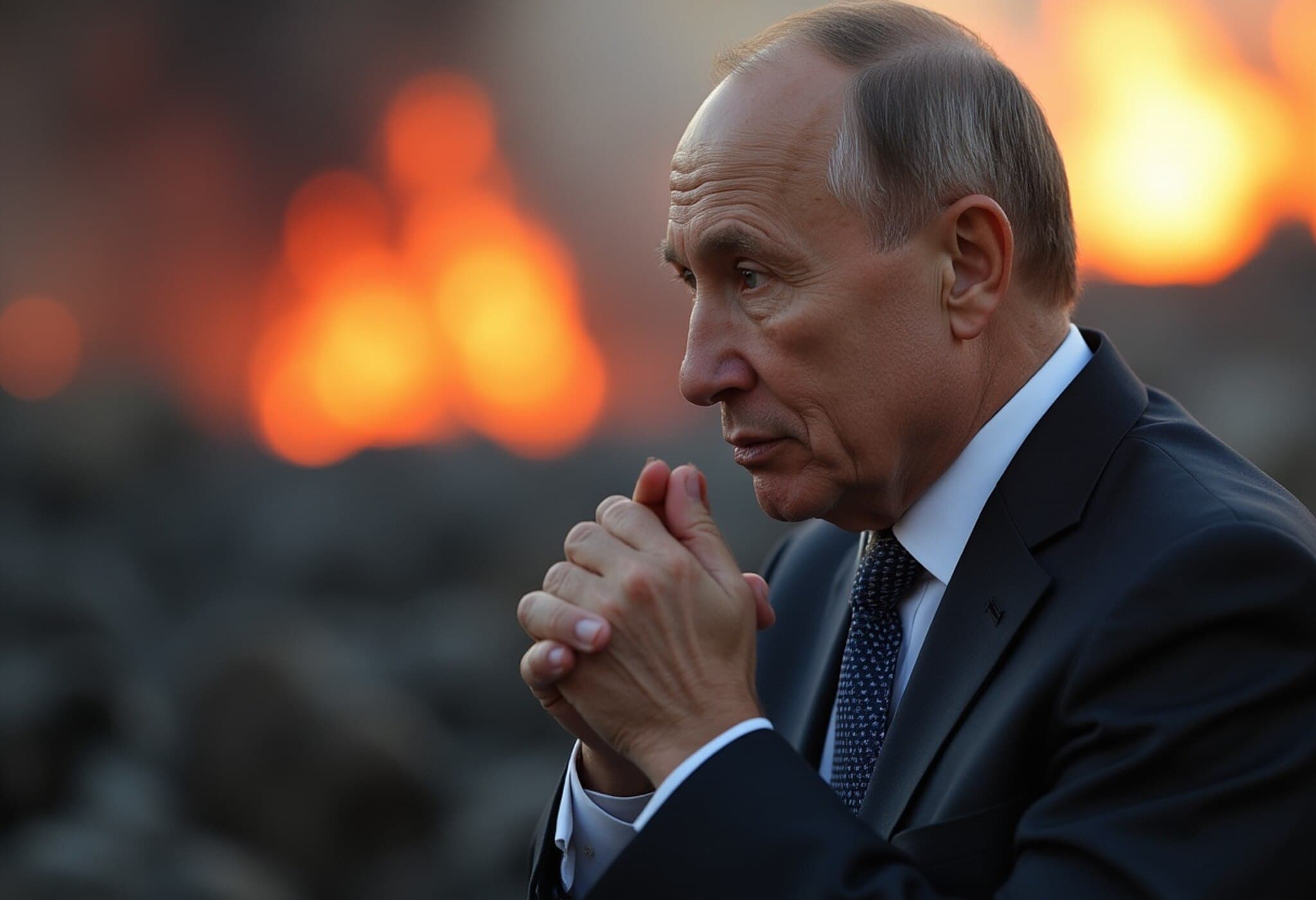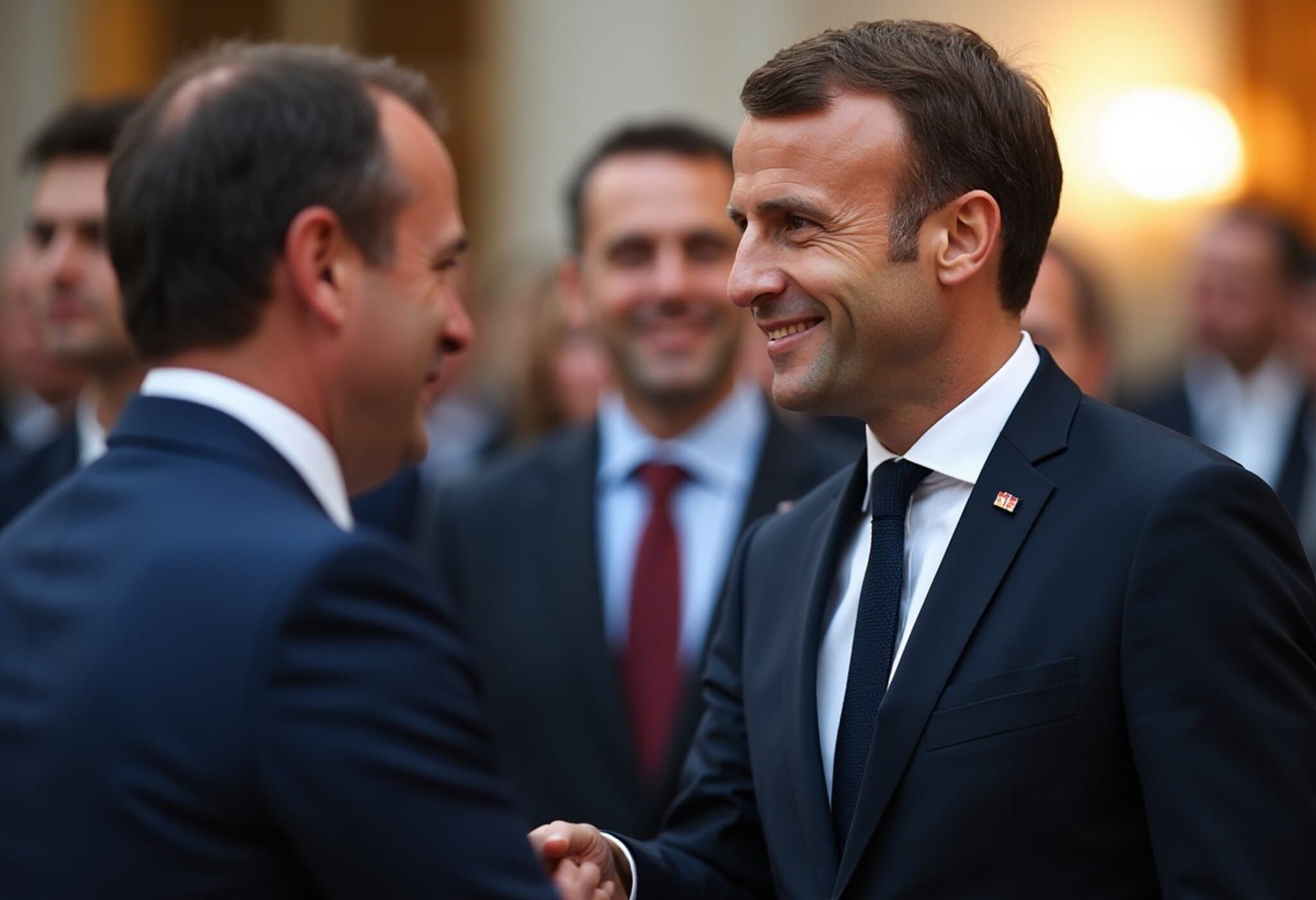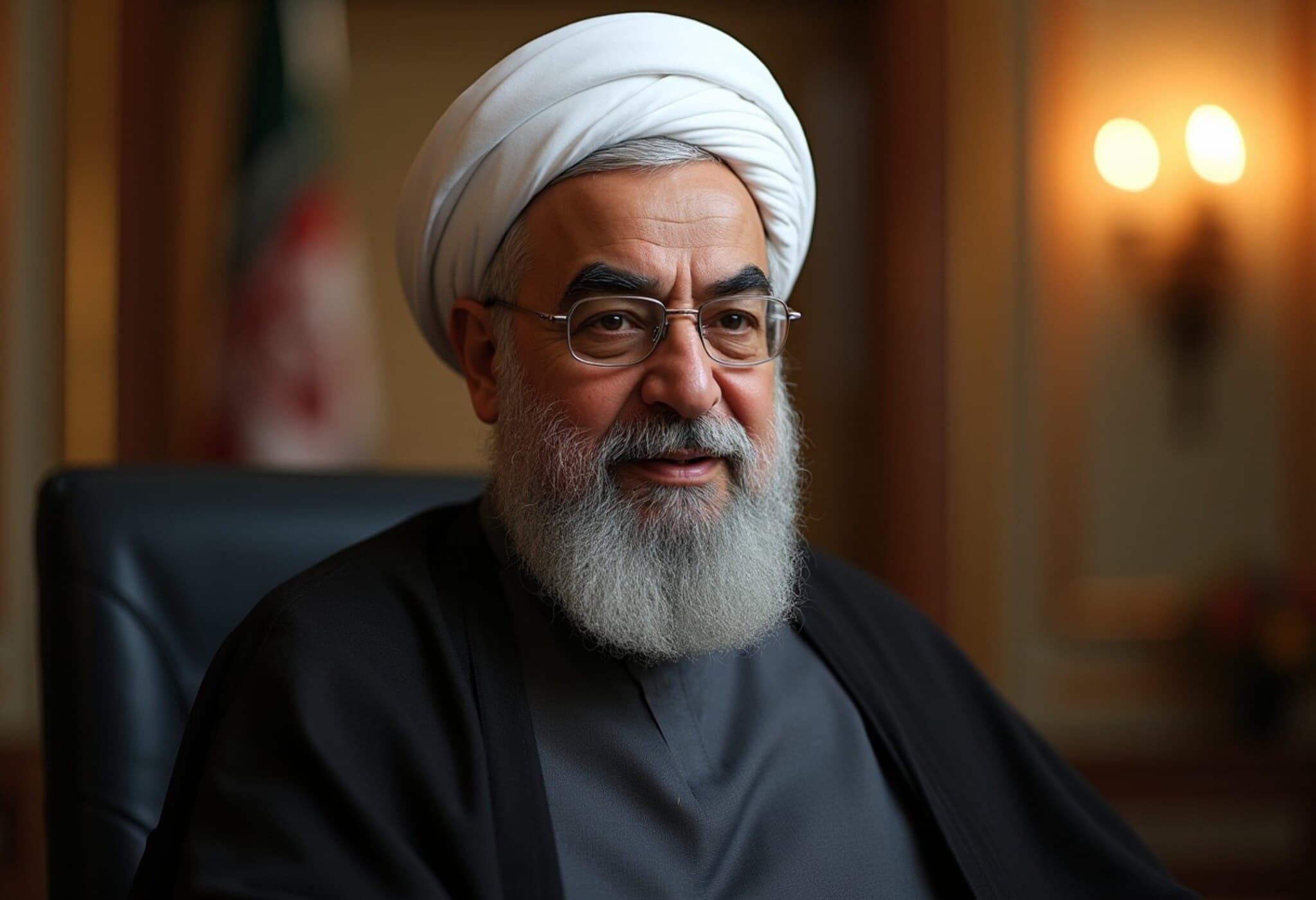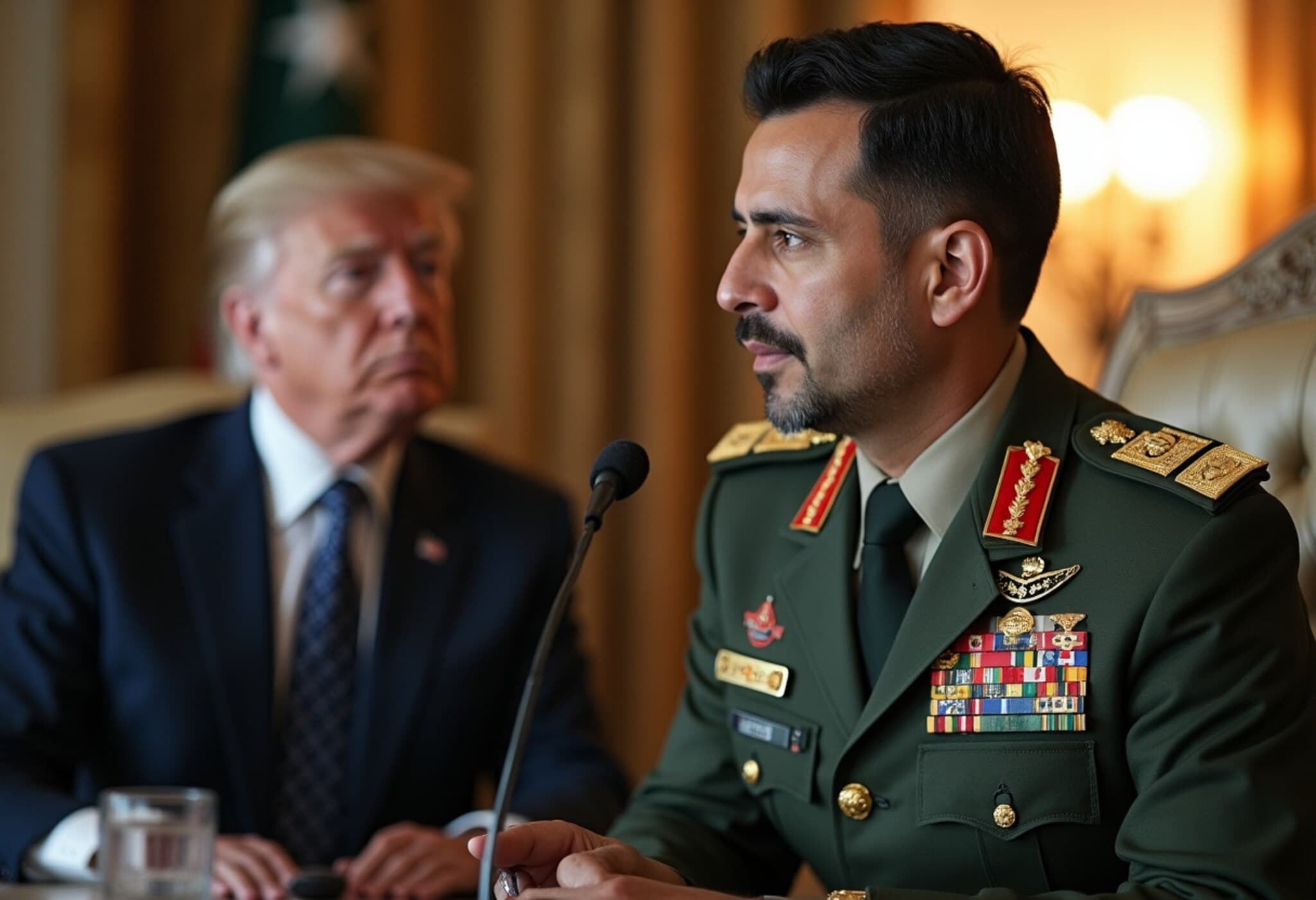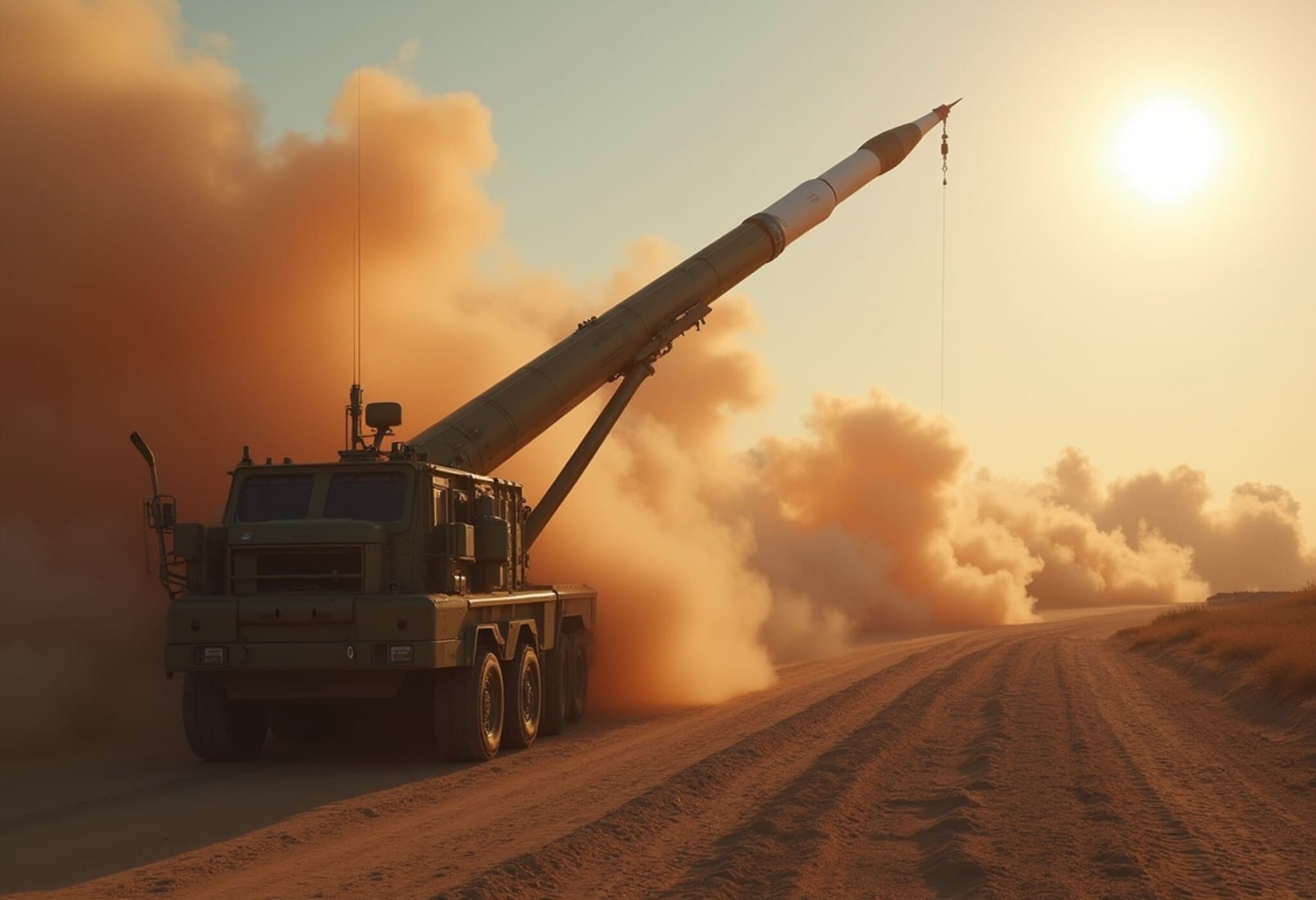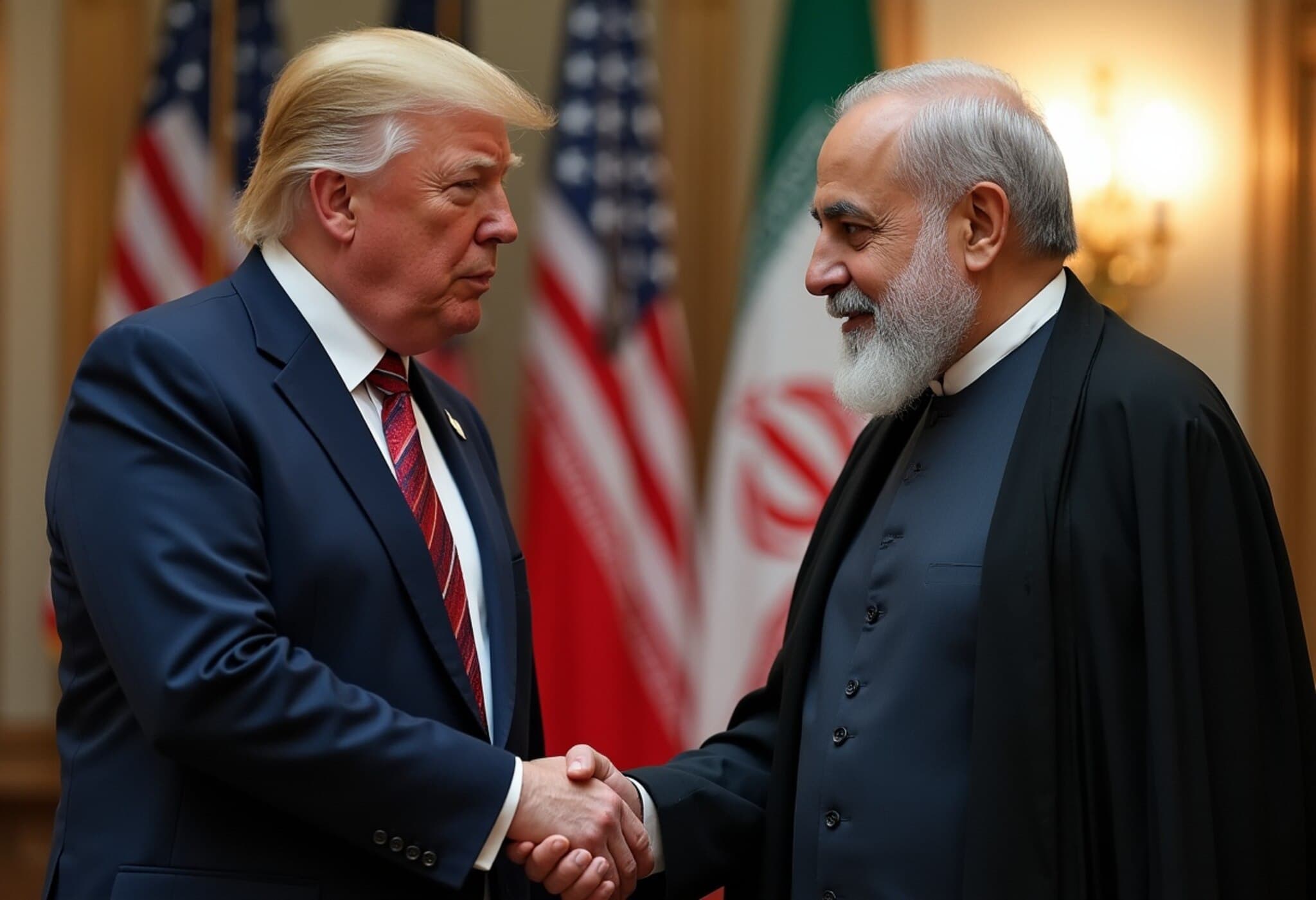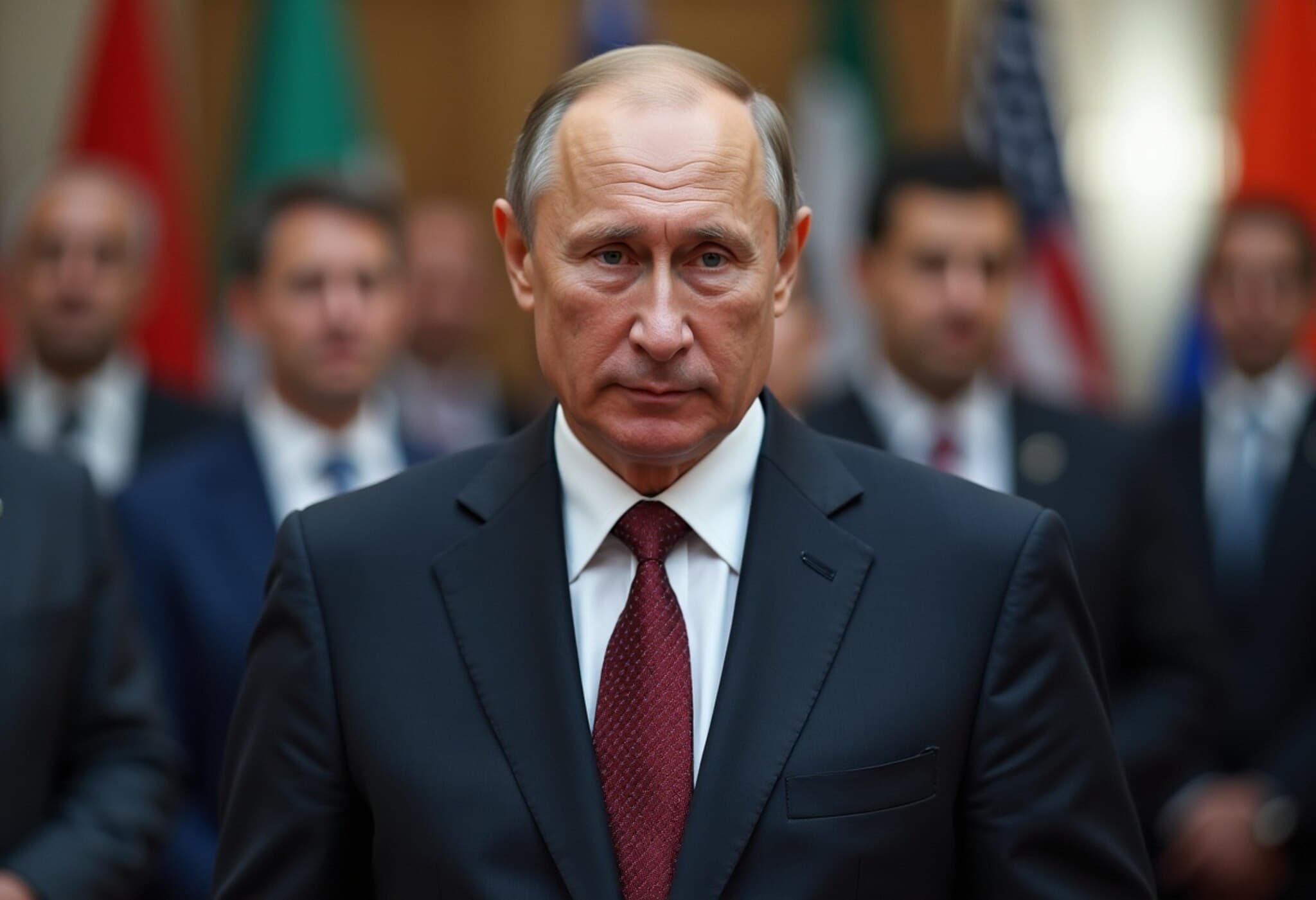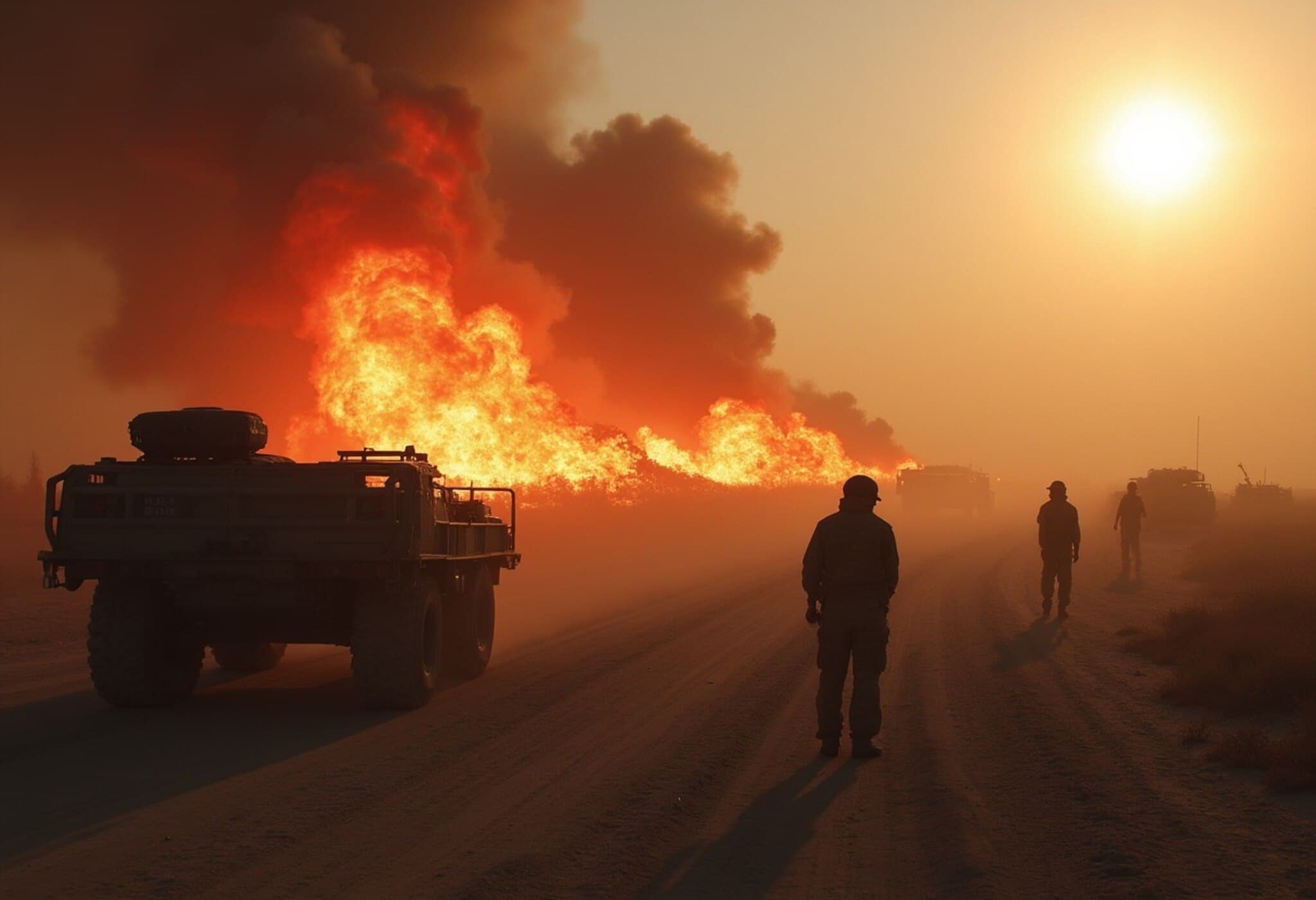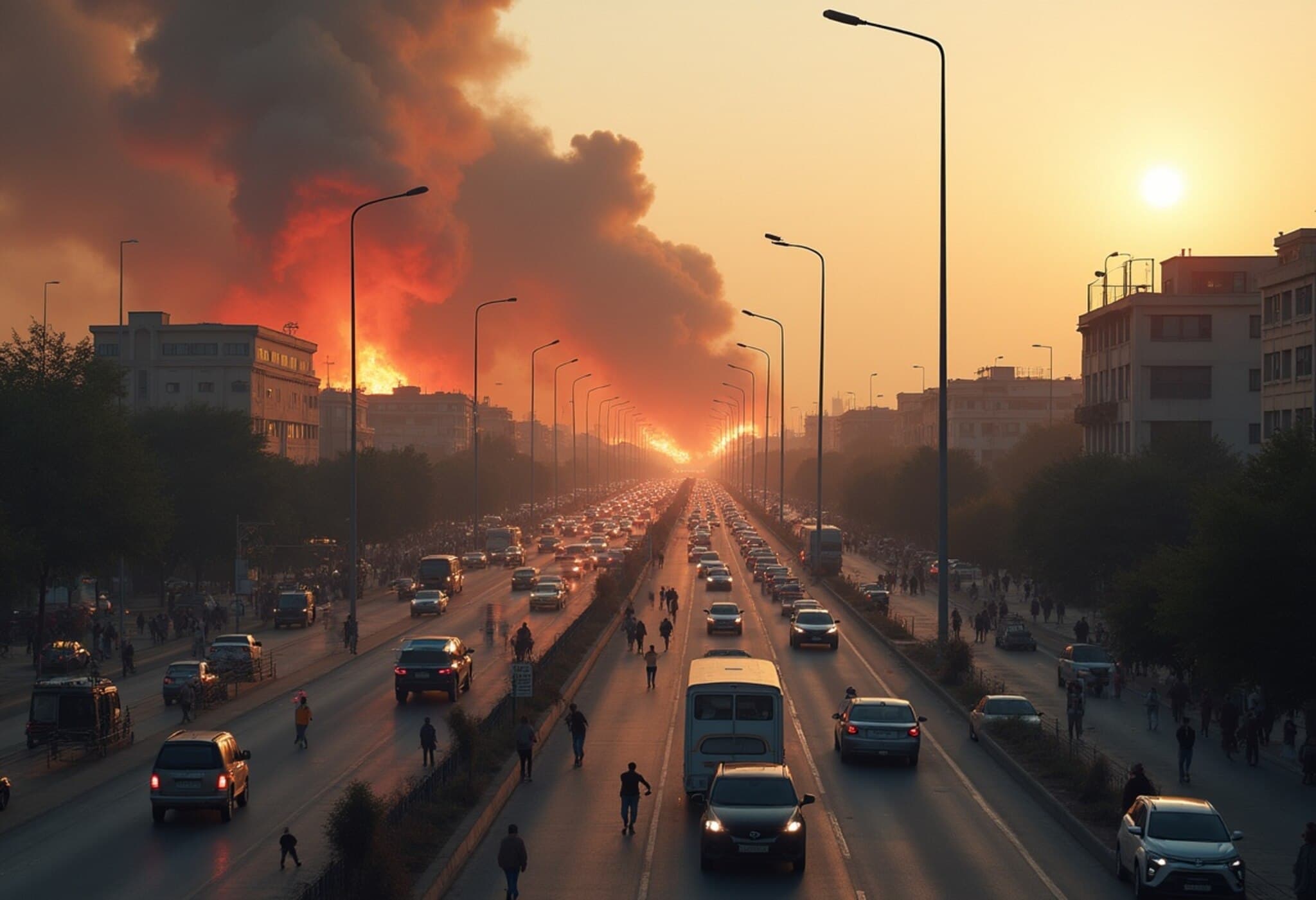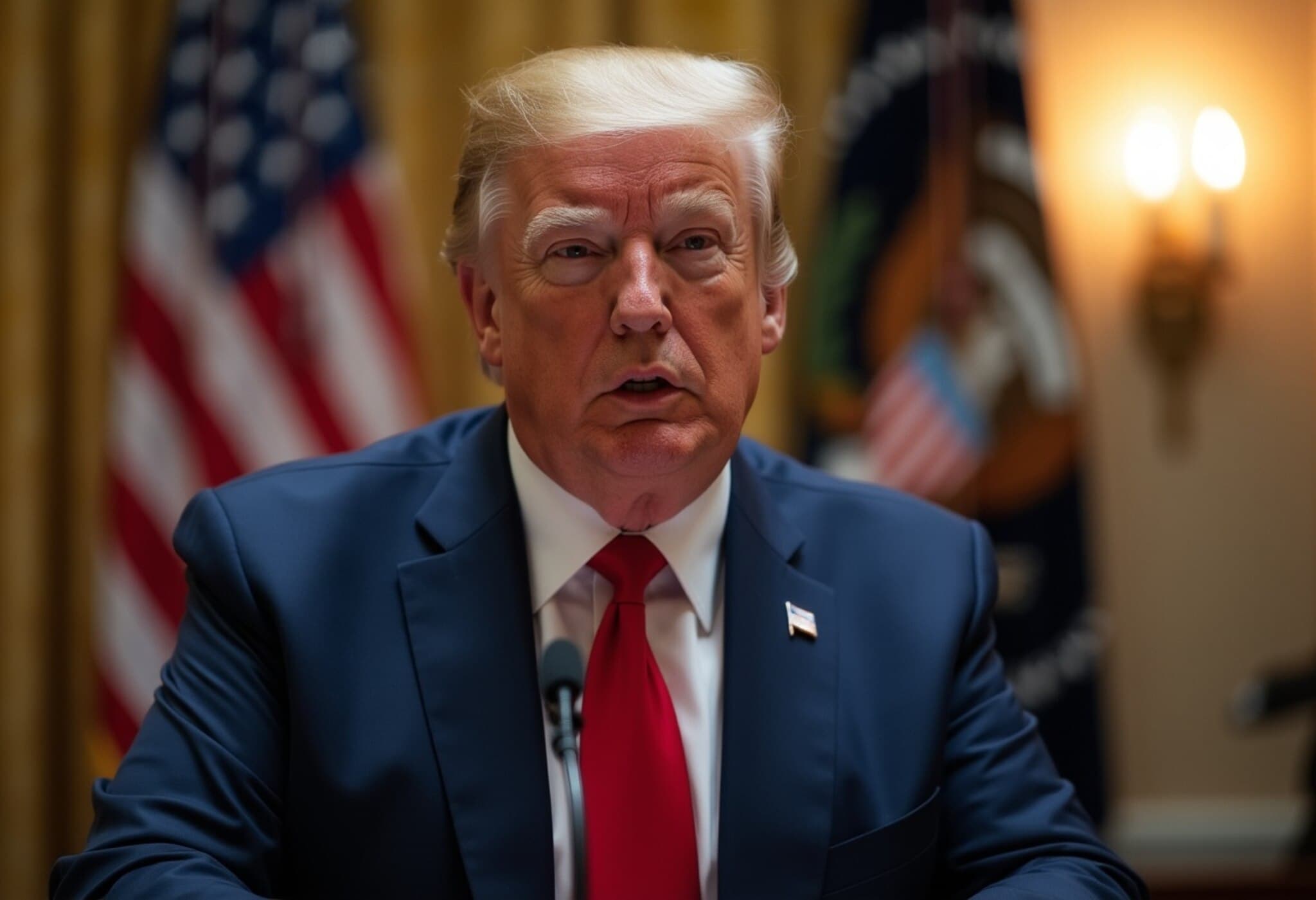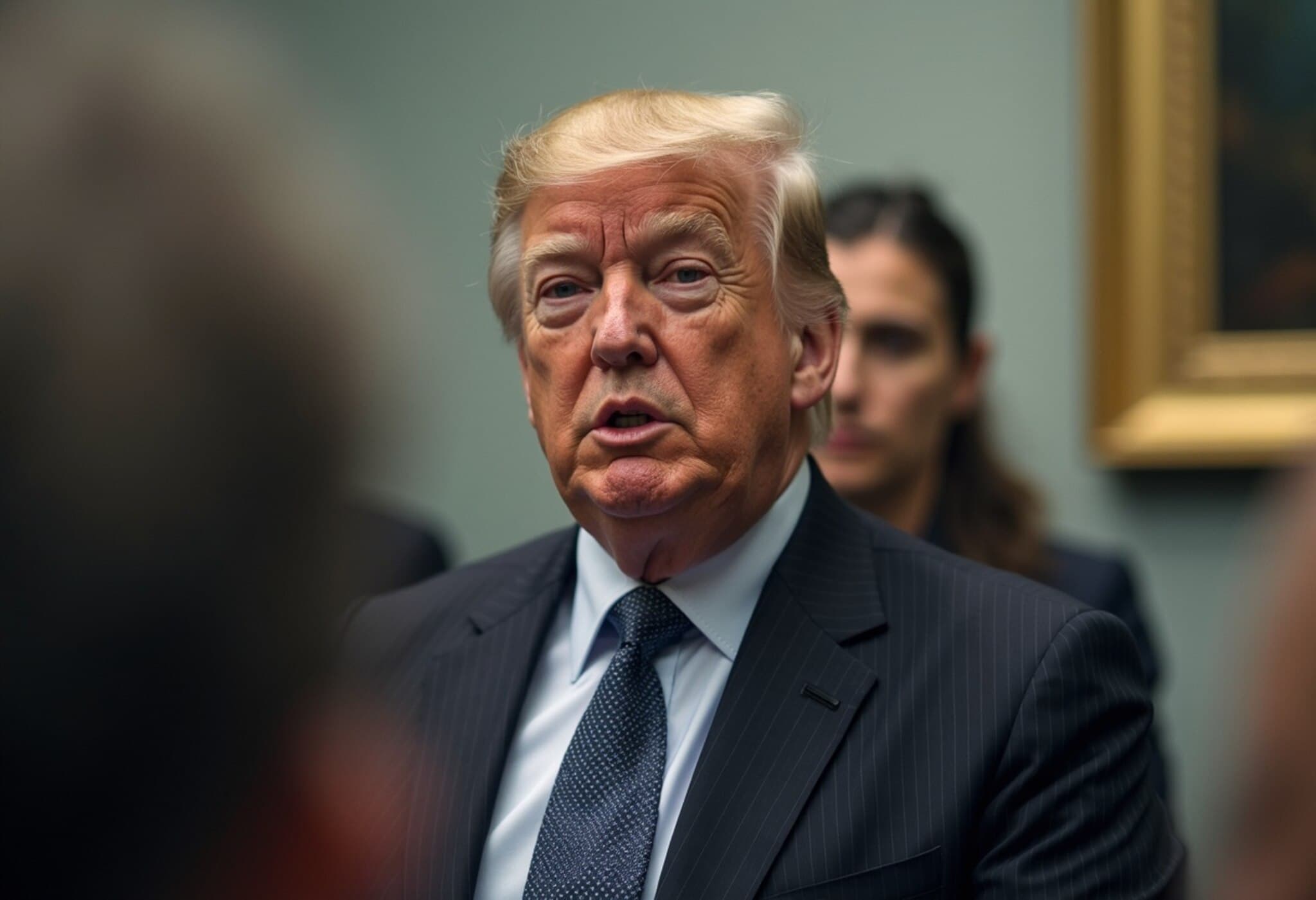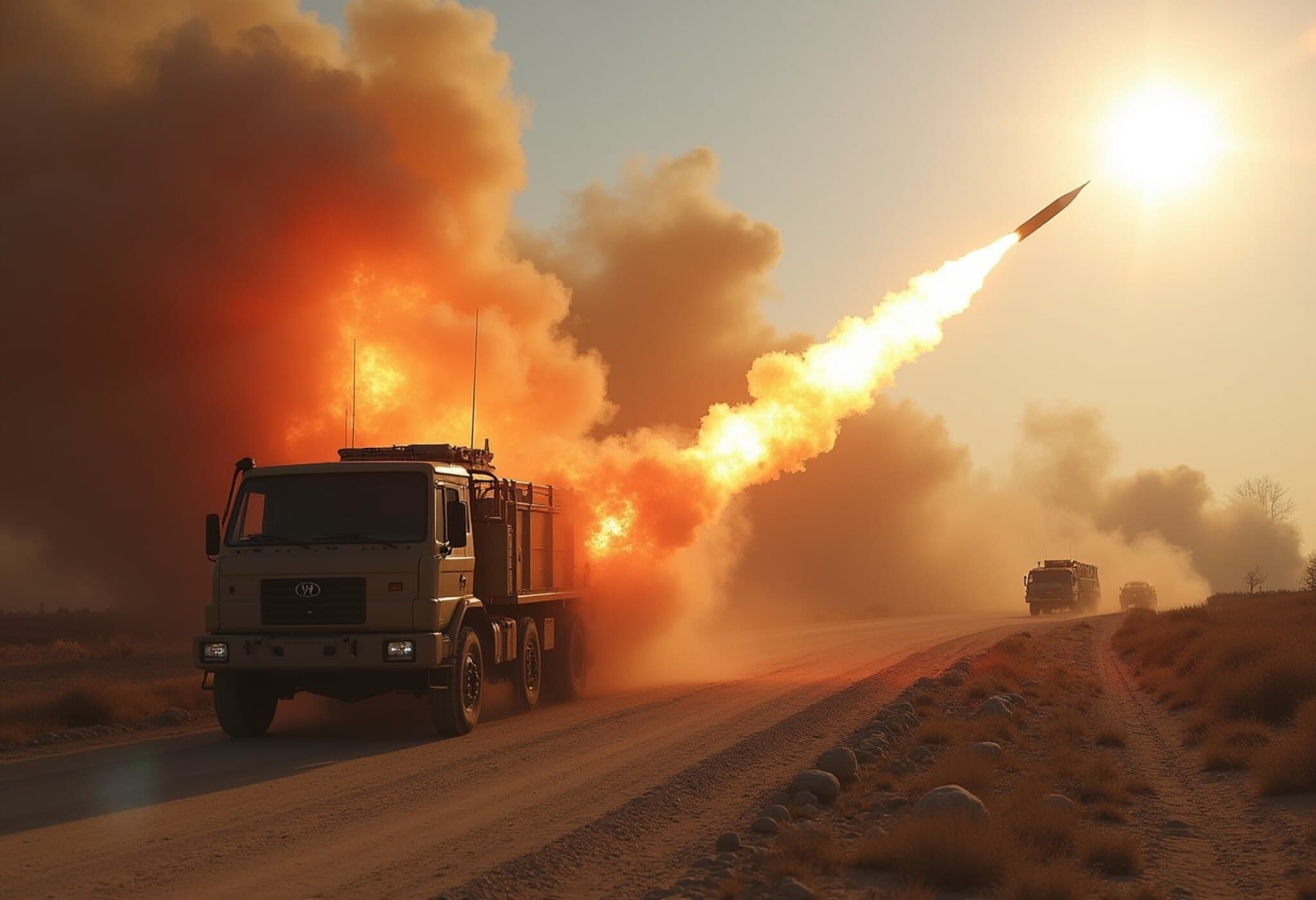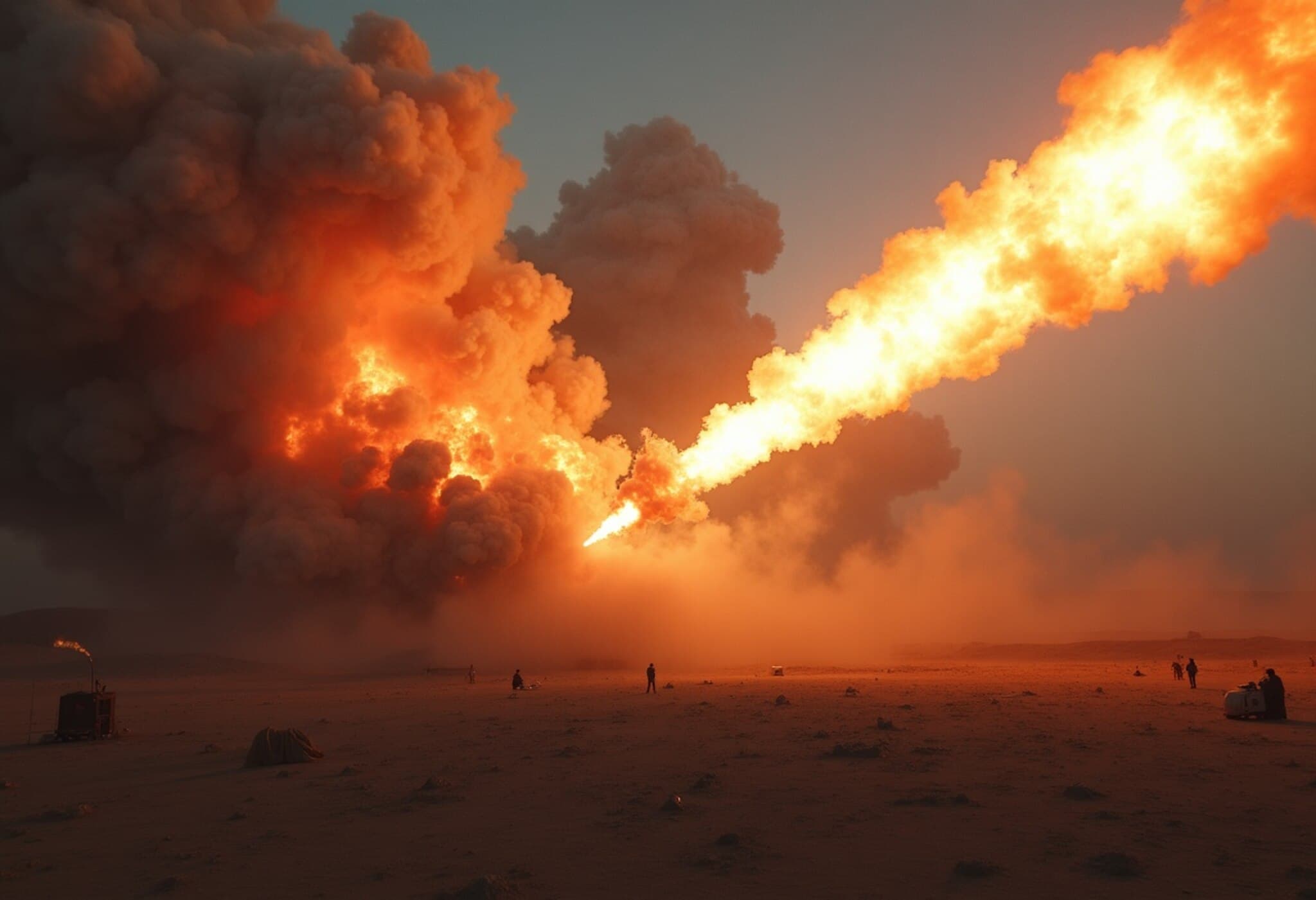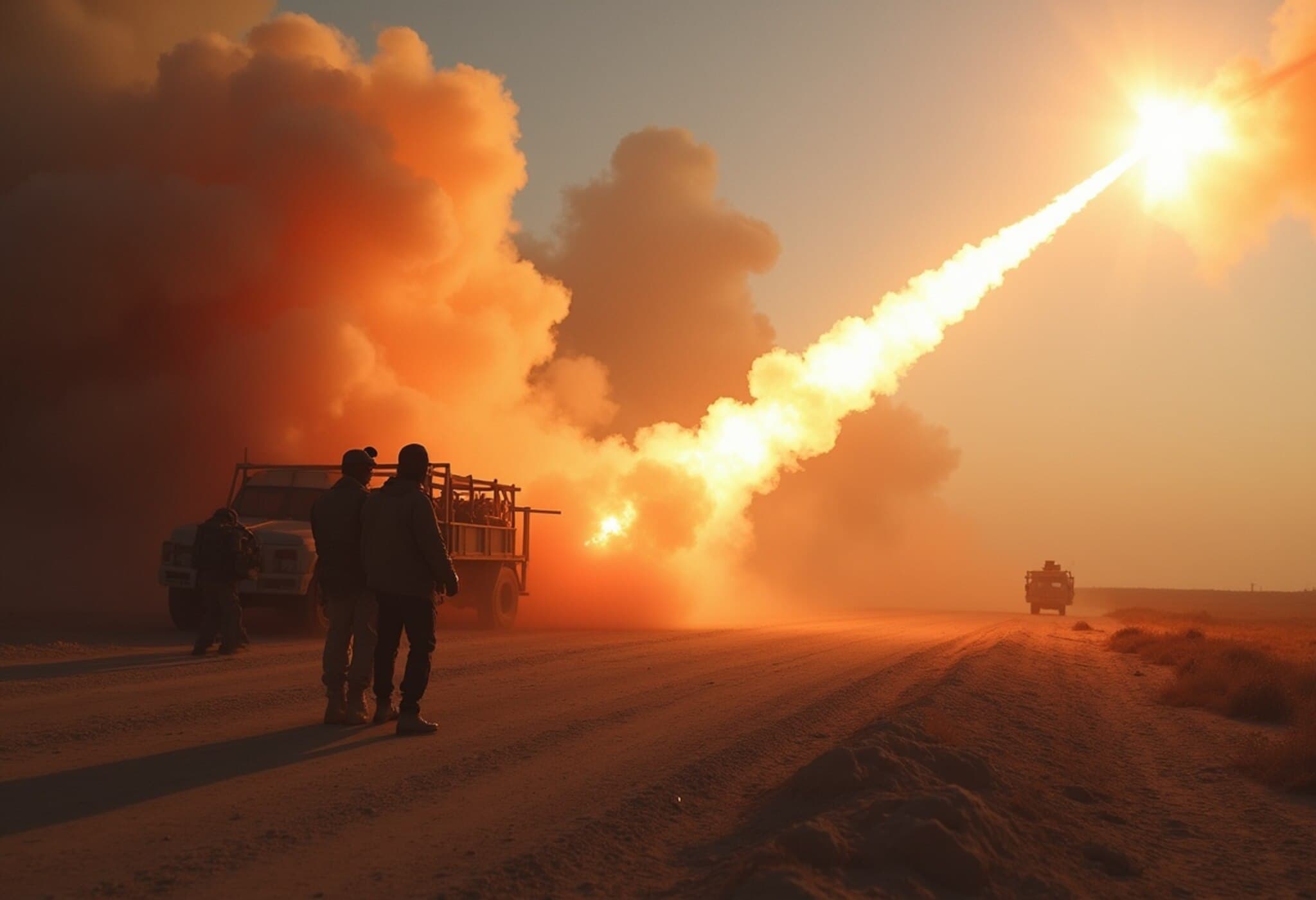Gulf States Broker Backchannel Talks to Prevent Regional Escalation
In a bid to defuse the mounting tension between Israel and Iran, Gulf states including Qatar, Saudi Arabia, and Oman have taken an active role in urging the United States to pressure Israel into agreeing to a ceasefire. Tehran has reportedly reached out through these Gulf intermediaries, seeking American influence to halt military hostilities.
Tehran Signals Willingness to Negotiate Nuclear Talks Amid Ceasefire Hopes
According to multiple regional sources, Iran has expressed readiness to exhibit greater flexibility in ongoing nuclear negotiations, contingent upon an immediate ceasefire with Israel. This move aims to create a framework for resuming diplomatic talks that have been stalled since the outbreak of hostilities.
Concerted Diplomatic Efforts Across the Region
Throughout the weekend, leaders and diplomats within the Gulf and beyond engaged in extensive communications—touching bases with Tehran, Washington, and various capitals—to prevent the confrontation from spiraling into a broader conflict. Gulf officials have expressed growing concern that the clashes could rapidly escalate and destabilize the entire region.
Oman’s Ceasefire Proposal to Restart Nuclear Dialogue
Oman, playing a mediating role, has drafted a ceasefire proposal aimed at reviving U.S.-Iran nuclear negotiations. This plan advocates that Iran suspend all uranium enrichment activities for a period of one to three years under strict monitoring by the International Atomic Energy Agency (IAEA). In exchange, Iran would be allowed to enrich uranium up to low levels and engage an international uranium consortium to oversee its nuclear program.
This proposal closely mirrors Iran’s own stated opening: a one-year suspension of nuclear enrichment paired with full access for IAEA inspectors and confidence-building measures, contingent on Israel ceasing attacks immediately. Additionally, Iran expects the U.S. to recognize its right to a peaceful nuclear program and lift economic sanctions as part of any agreement.
Complex Diplomatic Channels and Wider International Involvement
Beyond Gulf intermediaries, Tehran has also reached out to Turkey to appeal directly to the U.S. leadership. Meanwhile, Russian President Vladimir Putin has reportedly agreed to engage with both the U.S. and Israel, though Russia’s overall diplomatic role is still unclear.
Amid these efforts, Israel remains firm on continuing its military campaign. The Israeli government describes its strikes as necessary to dismantle Iran’s capability to develop nuclear weapons. Israeli officials emphasize that it is premature to seek a cessation of hostilities so soon after conflict commenced.
Risks of a Wider Regional Conflict Drive Urgency for Ceasefire
Iranian sources acknowledge the grave risks associated with an extended conflict, including the potential for war to engulf the broader Middle East with long-lasting consequences. While Tehran has vowed strong retaliation, it has also communicated a willingness to halt military responses if Israel ceases its attacks.
The coming days will be critical in determining whether these tentative diplomatic overtures can pave the way for a ceasefire and meaningful nuclear negotiations, or if the conflict will intensify further in an already volatile region.


